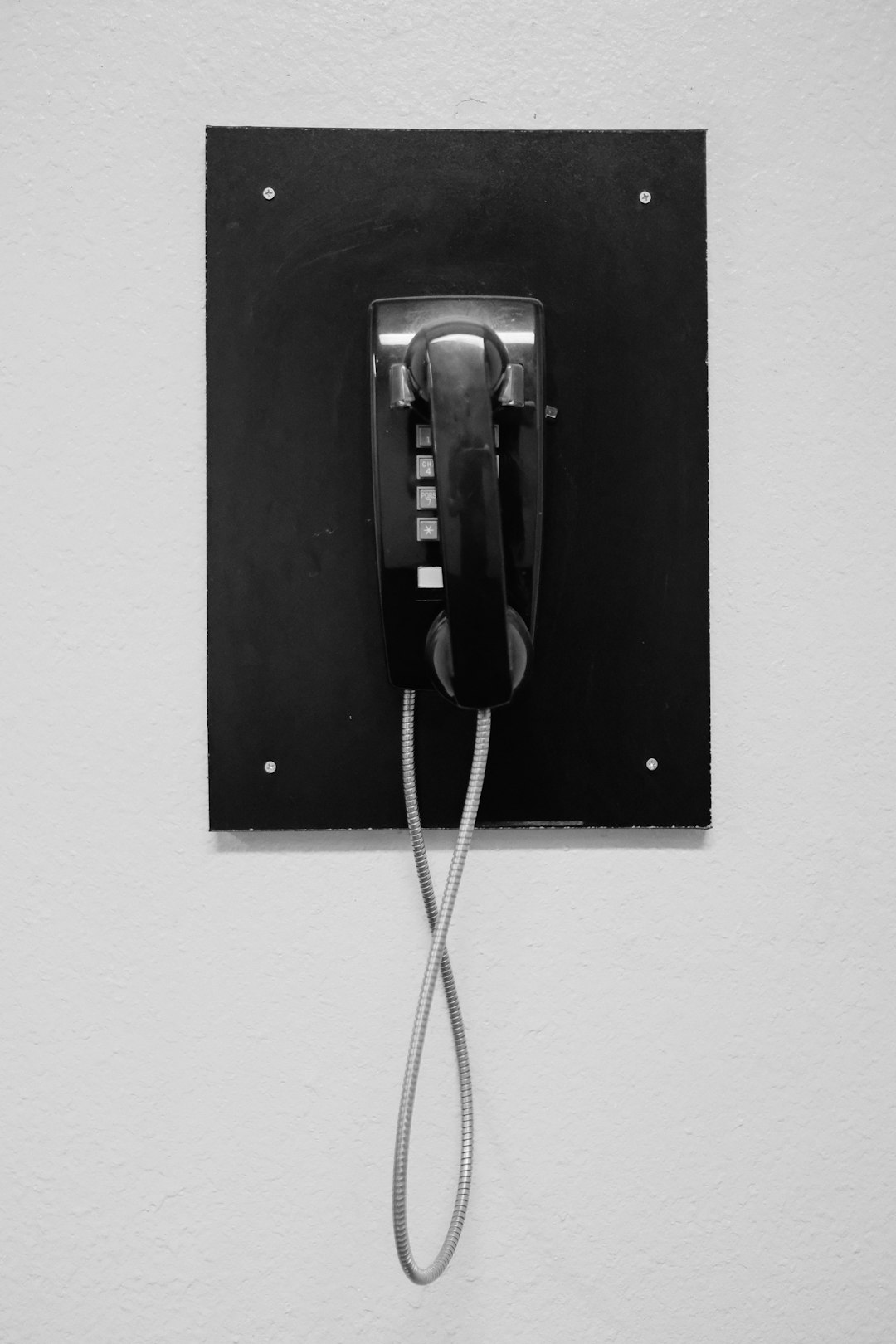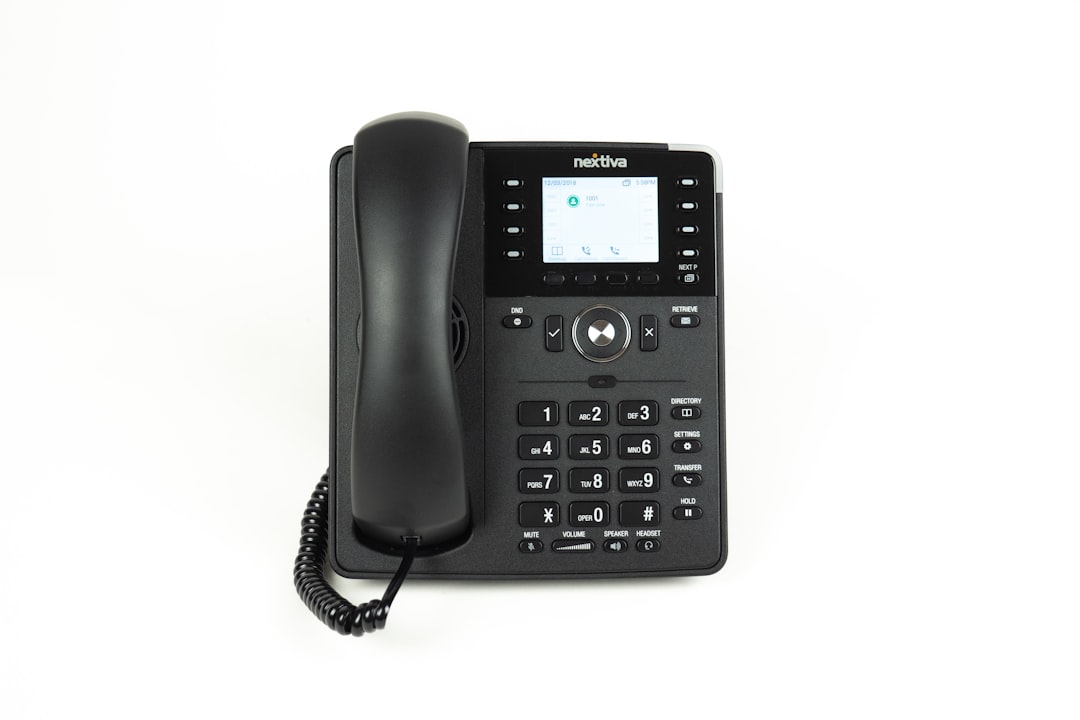Cross-state call violations in telecommunications regulations pose unique challenges due to differing legal frameworks, such as Pennsylvania's strict "No Call" attorney rules. To avoid penalties, service providers and consumers must educate themselves about do-not-call lists, consent requirements, and call timing restrictions. In Pennsylvania, reporting unauthorized calls from "No Call" attorneys is crucial; consumers should document caller details and report incidents to the PA Bar Association or local law enforcement. Effective reporting requires gathering comprehensive information, thorough documentation, and legal guidance from a No Call Attorney Pennsylvania to navigate varying state regulations.
“Allentown residents, stay informed! Understanding cross-state call regulations is crucial to protect your privacy. This comprehensive guide aims to empower you in reporting No Call Attorney Pennsylvania breaches. We’ll decipher the rules, teach you to identify violations, and provide a clear step-by-step process for filing complaints with the authorities. Learn from common pitfalls and ensure your rights are upheld. Together, let’s revolutionize how we handle unwanted calls.”
Understanding Cross-State Call Regulations

In the intricate landscape of telecommunications regulations, cross-state call violations are a specialized concern. These occur when individuals or businesses make phone calls across state lines, potentially triggering different legal frameworks and restrictions. Pennsylvania, for instance, has its own set of rules and guidelines, often requiring No Call Attorney services to navigate these complexities. Understanding these regulations is crucial, especially for businesses aiming to avoid penalties and ensure compliance.
Knowing the specifics, such as do-not-call lists, consent requirements, and call time restrictions, can help prevent unwanted legal entanglements. The onus lies not only on service providers but also on consumers to be aware of their rights and responsibilities. This proactive approach fosters a more harmonious and legally sound communication environment, particularly in an era where calls often traverse state boundaries without a second thought.
Identifying Violations: What Constitutes a No Call Attorney Pennsylvania Breach?

In Pennsylvania, a “No Call” attorney breach occurs when an attorney or law firm makes unsolicited phone calls to potential clients regarding their legal matters. This is a violation of state laws and ethical guidelines designed to protect consumers from aggressive marketing tactics. Such violations can take various forms, including but not limited to, calls made outside regular business hours, repeated calls despite requests for cessation, or calls to individuals who have specifically indicated they do not wish to be contacted.
To identify these violations, it’s crucial to understand the rights of potential clients. If you’ve received an unwanted call from a No Call Attorney Pennsylvania, document the details such as the caller’s name, phone number, and the time of the call. Keep records of any previous interactions or requests to stop receiving calls. This information can be invaluable if you need to file a complaint with the Pennsylvania Bar Association or take legal action against the offending attorney or firm.
The Role of the Consumer in Reporting Violations

In the battle against cross-state call violations, consumers play a pivotal role as watchdogs. When a resident of Pennsylvania receives an unwanted or unauthorized phone call from out-of-state entities, it’s not just a nuisance; it’s a violation of privacy and a potential legal issue. The first step in addressing this problem is for the consumer to recognize and document the intrusion. Note the caller’s information, including any identifying details or patterns in their calls. This evidence can be invaluable when reporting the violation.
Reporting such incidents is not just about seeking personal redress; it contributes to a broader effort to hold no-call lists accountable. Consumers across states have the power to collectively push for stronger regulations by sharing their experiences with local No Call Attorney Pennsylvania or similar regulatory bodies. This collective action ensures that call violators are held responsible and that state-level protections are enforced, fostering a quieter, more peaceful environment for all residents.
Step-by-Step Guide to Filing a Complaint with the Appropriate Authorities

Reporting cross-state call violations is a crucial step in ensuring compliance with telecommunications regulations, especially for businesses operating across state lines. If you’ve encountered an unwanted or unauthorized telephone solicitation, here’s a straightforward process to file a complaint with the responsible authorities in Pennsylvania.
Begin by identifying the nature of the violation. Note down details such as the caller’s ID, the date and time of the call, any specific products or services offered, and your interaction with the caller. Next, contact the Pennsylvania Office of Attorney General (OAG), which has a dedicated division for consumer protection. You can file a complaint online through their official website, providing all relevant information. Alternatively, reach out to your local law enforcement agency, as they may have specific procedures for handling such cases, especially if it involves fraud or identity theft. For more specialized assistance, consider consulting a No Call Attorney Pennsylvania who can guide you through the legal aspects and help navigate the complaint process effectively.
Common Pitfalls and Tips for Effective Reporting

Reporting cross-state call violations can be a complex process, and many individuals often fall into common pitfalls that hinder effective reporting. One significant challenge is navigating the legal framework across different states, as phone harassment laws vary. For instance, what constitutes a violation in Pennsylvania might differ from another state, so understanding these nuances is crucial. This is where a No Call Attorney Pennsylvania can be invaluable; their expertise ensures your report adheres to the specific legal requirements of both states involved.
To ensure your report stands out and achieves its purpose, consider these tips: gather all relevant information, including call records, timestamps, and any communications exchanged. Documenting each interaction thoroughly provides a clear picture of the violation. Additionally, stay concise and factual in your reporting; emotions can cloud judgment, so present the facts objectively. This approach not only enhances the credibility of your report but also facilitates a swift resolution to the cross-state call violation issue.






